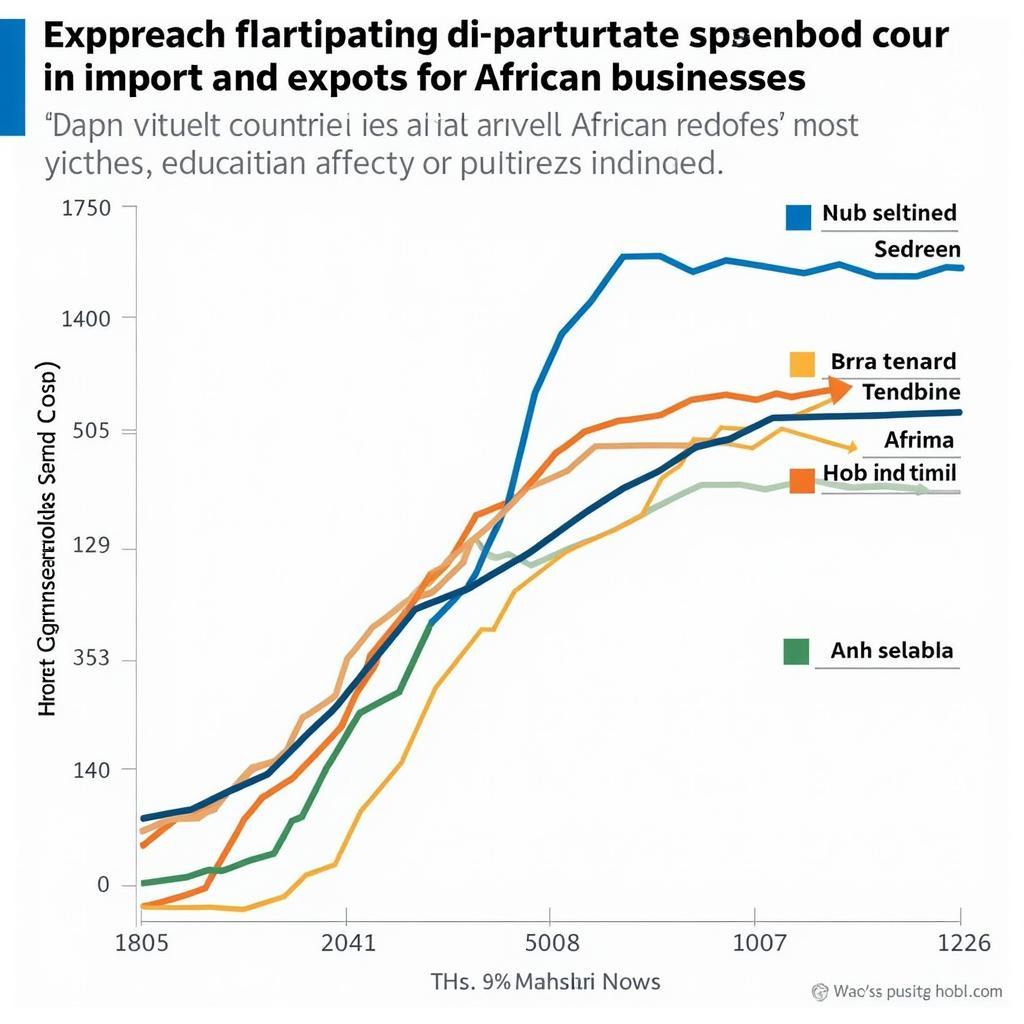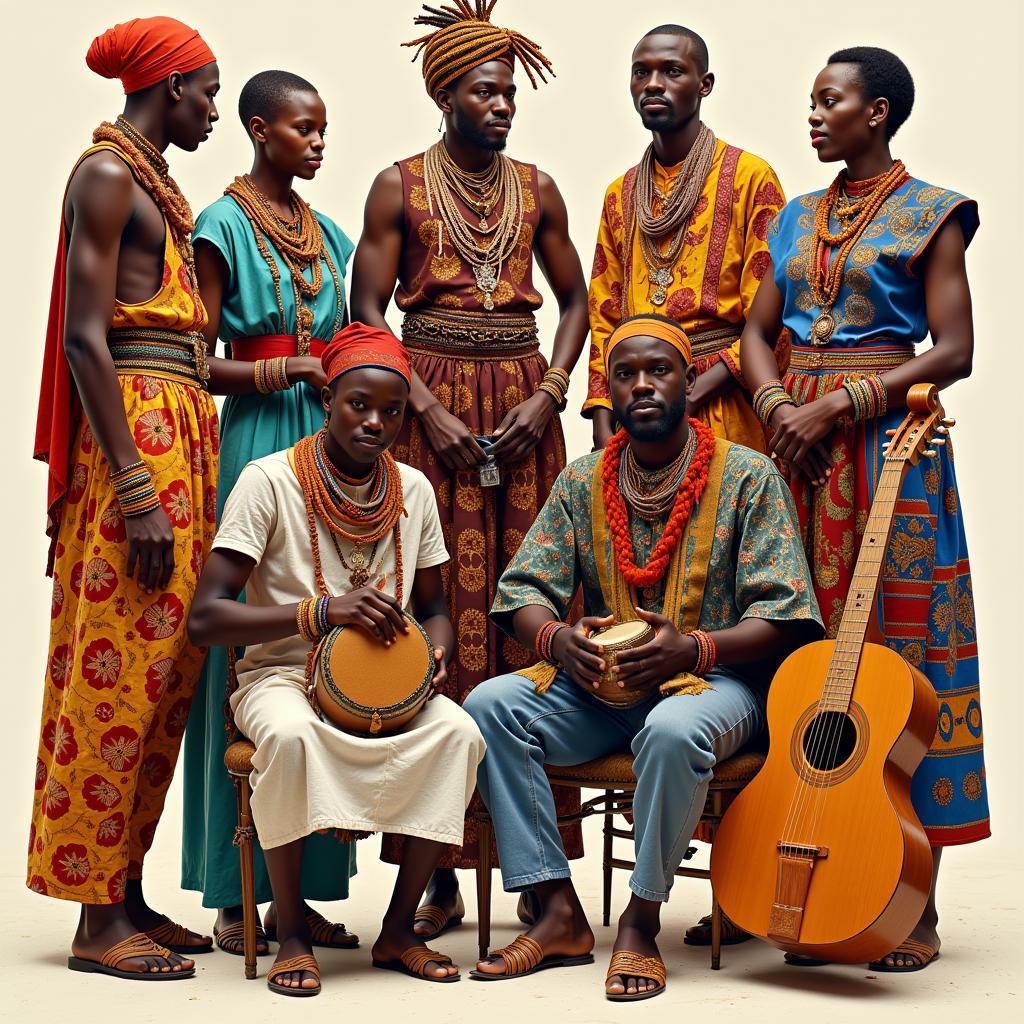Unraveling the Mysteries of the African Black Magic Book
The enigmatic world of the African Black Magic Book has captivated and intrigued people for centuries. Often shrouded in mystery and misconception, these texts offer a glimpse into the spiritual practices, beliefs, and traditions of various African cultures. This article delves into the complex and often misunderstood subject of African black magic books, exploring their historical context, cultural significance, and the diverse perspectives surrounding them. We’ll also examine the impact of these beliefs on contemporary African societies. After reading this, you’ll have a better understanding of the complex reality behind the term “African black magic book.”
What is an “African Black Magic Book”?
The term “African black magic book” itself is problematic, as it generalizes a vast and diverse continent. Africa is not a monolith, and neither are its spiritual practices. What is often labeled as “black magic” in Western contexts can represent a complex tapestry of traditions, including healing, divination, ancestor veneration, and protection rituals. These practices are often rooted in deep spiritual beliefs and are integral to the social fabric of many communities. While some practices might be considered harmful, it’s crucial to avoid blanket judgments and appreciate the nuanced context within which these beliefs exist.
It’s important to remember that African spiritual traditions, like any other belief system, have both positive and negative aspects. While some individuals may exploit these beliefs for personal gain or harm, many practitioners use their knowledge for healing, guidance, and community well-being. If you’re interested in reading more on African literature, explore some african authors literature.
Beyond the Stereotypes: Understanding African Spirituality
Western perceptions of African spirituality have often been distorted and sensationalized, perpetuating harmful stereotypes. It’s essential to move beyond these preconceived notions and engage with the subject respectfully. Many authentic “African black magic books,” if we can even call them that, are actually oral traditions passed down through generations. They contain valuable knowledge about herbal medicine, traditional healing practices, and spiritual philosophies.
The Role of Oral Tradition in Preserving Spiritual Knowledge
In many African cultures, spiritual knowledge is primarily transmitted orally. Stories, songs, and proverbs play a vital role in preserving and sharing these beliefs. This oral tradition allows for flexibility and adaptation, ensuring that spiritual practices remain relevant to the changing needs of the community. While written texts exist, they often complement and expand upon the existing oral traditions rather than replacing them. Perhaps you’d enjoy learning more about african folktales for kids.
How are these teachings passed down?
These teachings are often passed down through families, within specific lineages of healers or spiritual leaders, or through apprenticeship systems.
The Dangers of Misinterpretation and Cultural Appropriation
The quest for knowledge about African spirituality must be approached with sensitivity and respect. Misinterpreting or misrepresenting these traditions can have serious consequences, reinforcing harmful stereotypes and perpetuating cultural appropriation. It’s important to acknowledge the cultural context and avoid reducing complex spiritual systems to simplistic or sensationalized narratives.
What are some examples of harmful misinterpretations?
One example is the portrayal of African spiritual practices as inherently evil or demonic, a common trope in Western media. This not only misrepresents the beliefs but also contributes to prejudice and discrimination.
Conclusion: Respecting and Understanding African Spiritual Traditions
The concept of the “African black magic book” is a complex one, laden with misconceptions and stereotypes. By understanding the diverse spiritual traditions of Africa and engaging with the subject respectfully, we can gain a deeper appreciation for the rich cultural heritage of this continent. Further research is needed to fully understand the nuances of African spirituality and move beyond the simplistic narratives that often dominate popular discourse. Consider booking an african island resort to immerse yourself further in the culture.
FAQ
-
Are all African spiritual practices considered “black magic”? No, this is a harmful generalization. African spiritual traditions encompass a wide range of beliefs and practices, many of which focus on healing, ancestor veneration, and community well-being.
-
Where can I find authentic information about African spirituality? Reputable academic sources, ethnographic studies, and works by African scholars are good starting points.
-
Is it appropriate to practice or utilize African spiritual traditions if I am not of African descent? This is a sensitive issue. It’s crucial to approach these traditions with respect and avoid cultural appropriation.
-
What is the role of oral tradition in African spirituality? Oral tradition is central to preserving and transmitting spiritual knowledge in many African cultures.
-
How can I avoid perpetuating harmful stereotypes about African spirituality? Educate yourself about the diverse beliefs and practices across the continent, avoid making generalizations, and engage with the subject respectfully.
Common Scenarios and Questions
-
Someone wants to learn a specific African spiritual practice: It’s important to find a reputable teacher within the specific tradition, preferably someone from the culture itself, and to approach the learning process with humility and respect.
-
Someone is concerned about someone else practicing “African black magic”: Open and respectful communication is key. Understanding the specific practices and their intended purpose is crucial before making any judgments.
Further Exploration
Explore topics such as traditional African medicine, divination practices, and ancestor veneration for a deeper understanding of African spirituality. If you’re interested in contemporary literature, you can also delve into 21st century african american literature or explore african american romance novels.
Need Help?
For further assistance or information, please contact us:
Phone: +255768904061
Email: kaka.mag@gmail.com
Address: Mbarali DC Mawindi, Kangaga, Tanzania
Our customer service team is available 24/7.

